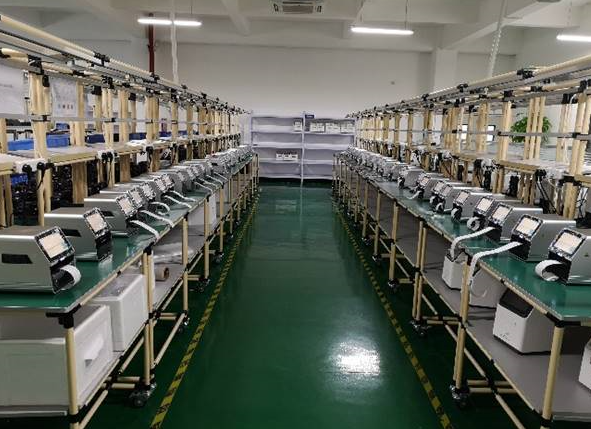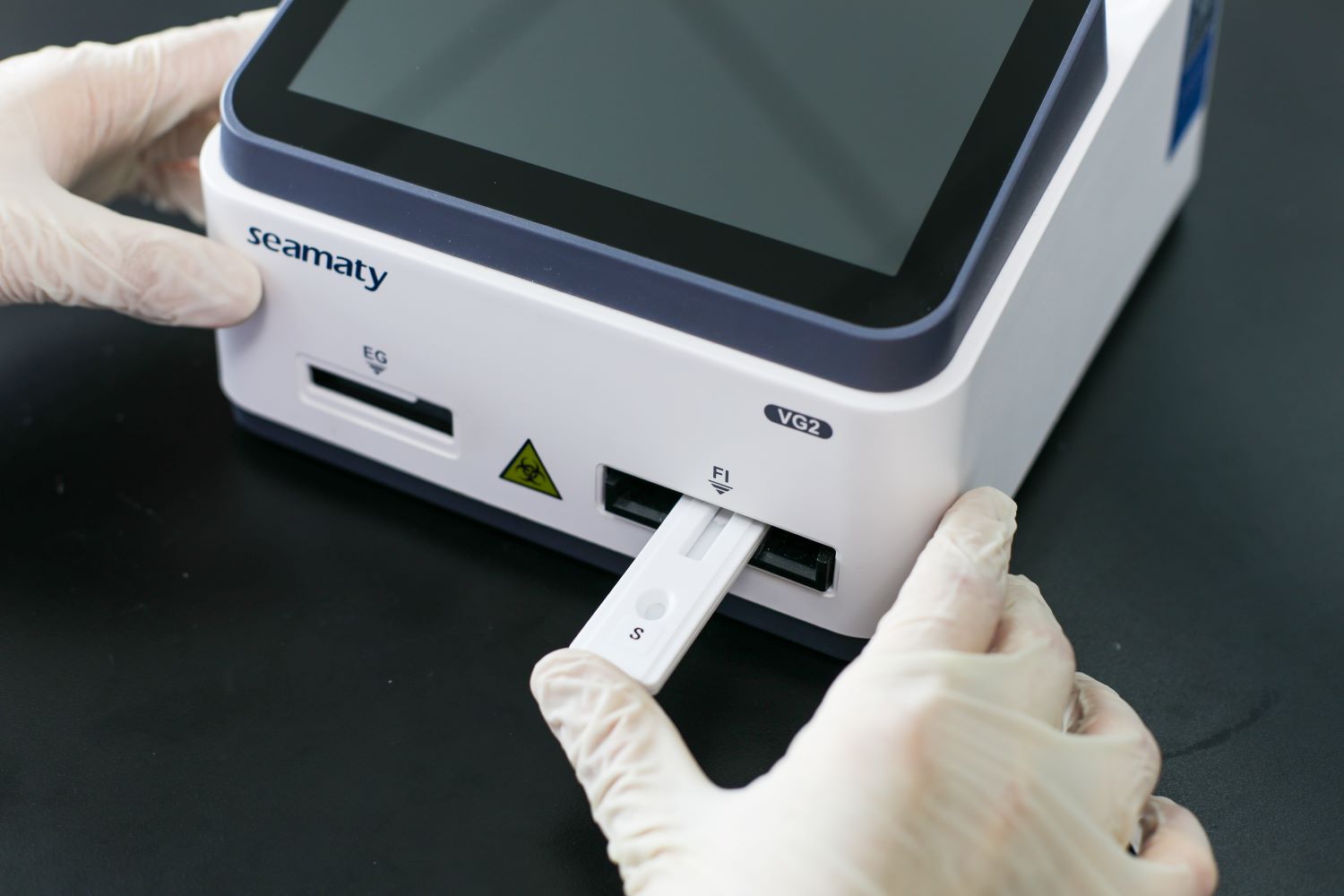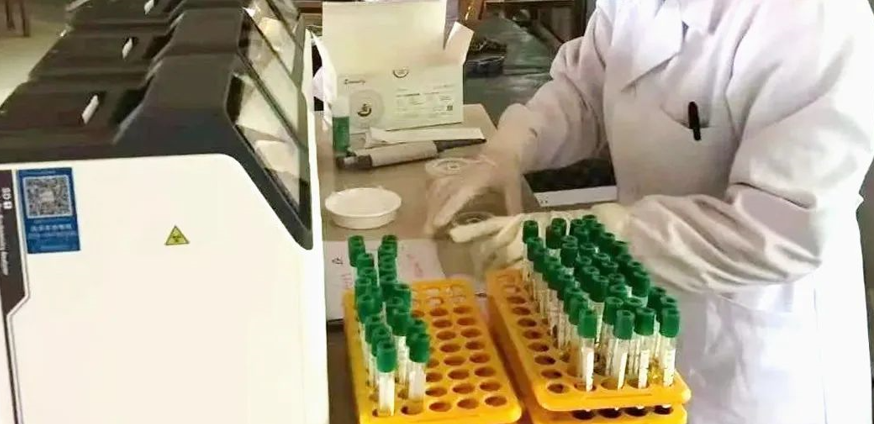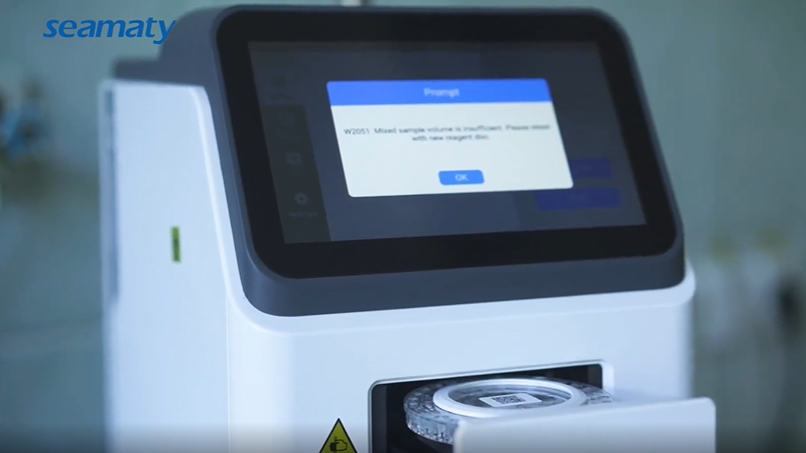Massive data collection and analysis has become central to the study of high-end technologies. Advanced computer technology means there are more ways to collect data, analyze it, and derive insights that can lead to breakthroughs or improve the efficiency of existing processes.
The medical technology industry is likely to continue to look for new ways to apply data collection and analysis to medical technology. Below we discuss some of the benefits it may bring and some of the new challenges it may pose to the industry.
What are the potential benefits of medical device data?
Medical device data largely improves patient care, leading to better health outcomes.
01 Medical device data improves diagnostic accuracy
For some diseases, such as breast cancer, the gold standard diagnostic method still has a high rate of false positives and false negatives. Inaccurate diagnoses can lead to unnecessary interventions and even delayed treatment.
There are new medical devices and algorithms that use artificial intelligence to analyze and identify patient symptoms. The discovery capabilities of artificial intelligence models make them particularly effective in detecting subtle differences in large images. For example, CT scans of cell clusters can diagnose cancer.
Some of these instruments have been shown to improve the accuracy of the diagnostic process. For example, new algorithms from Google Health researchers are even better at diagnosing cancer in mammograms than experienced radiologists.
Medical device manufacturers have begun to integrate artificial intelligence directly into their devices, and new CT scanners use AI to stitch together different images to form a more coherent, all-encompassing image and to remove noise from the image. This makes it easier for radiologists to read the scan results. This will improve diagnostic accuracy and help reduce the rate of false positives and false negatives.
02 Facilitates symptom follow-up
For some incurable diseases, doctors develop treatment plans based on the severity and progression of symptoms. In such cases, symptom tracking is necessary to help physicians provide the highest quality of care.
For example, symptom tracking is often difficult for patients with Parkinson's disease. This is because in patients with Parkinson's disease, they have to record their condition every 30 minutes. Often, patients are unable to do this high frequency recording. This reduces the accuracy of self-assessment. This means that physicians do not have completely accurate information when developing treatment plans.
03 Improving patient care
Wearables and other monitoring devices enable the possibility of remote monitoring of a patient's condition, which allows physicians to observe, monitor and diagnose a patient's illness while the patient is in the hospital or clinic. Doctors utilizing these systems can receive instant alerts when a patient's vital signs exceed a certain threshold, allowing them to provide the fastest possible response. Other medical systems can help physicians and caregivers collect and review data related to patient care in real time, enabling them to improve health outcomes.
What challenges might medical device data present?
Despite the above application advantages of medical data, there are still some obstacles to overcome with medical device data. This is particularly true in the areas of data privacy and security.
01 Untapped unstructured data
In general, medical data is collected from a wide range of sources, including electronic health records (EHRs), genomic sequences, apps, wearable devices, and medical devices. While this array of data sources may be beneficial to physicians and medical researchers, it also means that the vast amount of data collected will be difficult to use or analyze.
If medical device companies wish to use this large and complex data for research and development. Then it will first take a lot of time, effort and financial resources to filter and standardize it into a usable data set. The cycle time for this process can be long and the process difficult.
02 Data Security
In terms of data security, enhancing the collection and storage of information naturally poses new challenges. For example, wireless transmission of information from wearable devices without effective protection to hospital networks will provide new avenues of attack for cybercriminals. The increased storage of patient data will also make hospital networks larger and more valuable.
Last year saw an increase in data breaches and cyber attacks across all industries, and the healthcare industry is no exception. In the future, medical device manufacturers may need to make the security and ethical use of data a top priority. They should also be prepared for new technologies, such as 5G, that may create new security vulnerabilities.
03 Ethical use of data
Medtech companies that use patient and physician data need to take the ethical issue of compromising patient privacy seriously. Where possible, they should ensure that appropriate controls and protections are in place to ensure the ethical and commercial use of data. They should also ensure that consent is obtained from physicians and patients for the use and collection of data.
In a few years, data may be at the heart of new medical devices and services. This is both good and bad news for the industry. Medical device companies will be able to harness the benefits of big data in healthcare to improve patient health outcomes, better symptom tracking and more accurate diagnostic practices. However, the growing reliance on data will also present a number of challenges and force medical device companies to grapple with issues such as unstructuring and privacy.



